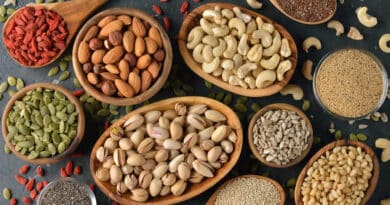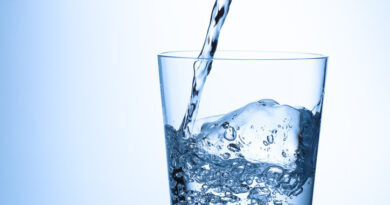Tea – Composition, Origin and Health hazards
Tea is one of the most widely consumed drinks. It is mainly taken as a hot drink for its stimulating effect. It helps to get over a tired feeling and one feels refreshed after drinking it. This reputation leads to tea drinking habit which in course of time becomes so deep rooted that it is difficult to give it up after some time.
The most active alkaloid principle in tea is caffeine. This is an addictive drug similar to cocaine in as much as it stimulates the central nervous system. These effects are short-lived but it has been observed that they lead to withdrawal symptoms of irritability, lethargy, headaches, anxiety and insomnia. This shows that it is quite a strong drug to constitute a potential health hazard.

The wide spread consumption of tea is a striking example of the manner in which commercial forces cultivate poisonous habits in man for a profit. It is believed that almost a billion cups of tea per day are consumed all over the world.
Origin and History
Tea is prepared from the leaves of an evergreen shrub belonging to Camellia family. The plant is native of South East Asia. In ancient times, the leaves were probably eaten or boiled into a beverage. The earliest record of its cultivation comes from China in the fourth century A.D. By the eighth century, it was quite popular in China and established in Japan. Over the next 600 years or so, the method of infusing tea in water slowly evolved.
Tea was not a popular drink in India even as late as 1940. The second world war brought about a sharp rise in the prices of commodities all over the world, including India, owing to the scarcity of food. As a result, the common man could not afford milk, due to six-fold increase in price. Deprived of this nutritious food, they turned to tea as a substitute.
Composition
To ascertain the effect of tea on health, it is essential to know the chemical composition of tea leaves. On an average they contain moisture 5.0 to 8.0 percent, aromatic oils 0.5 per cent, caffeine 2.5 to 5.0 per cent, nitrogen 4.75 to 5.5 per cent, soluble matter 38.0 to 45.0 per cent, tannin 7.0 to 14.0 percent and minerals 5.0 to 5.75 per cent.
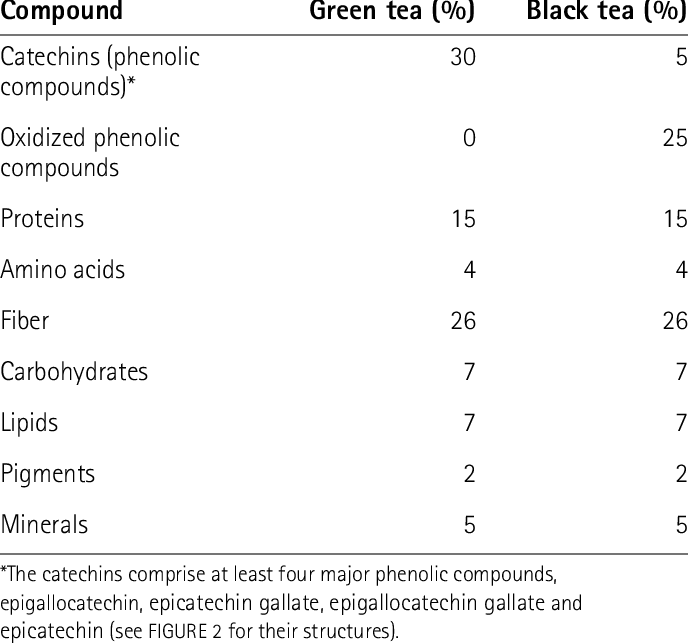
Of these ingredients, the most important are the alkaloids caffeine, tannin and a small proportion of aromatic oil. The chief effects of tea are due to these ingredients. It is well known that Indian tea is richer in all these chief ingredients than the chinese tea.
It is not the composition of leaves alone that affects the health but also the composition of infusion which is prepared by boiling tea with water. It is noted that caffeine comes out more rapidly than tannin and hence greater the period of infusion, the more is the amount of tannin, while the amount of caffeine will remain almost the same.
Harmful Effects
The use of tea is detrimental to health. The stimulating and restorative effects of tea are due to the action of caffeine on the nervous system. If affects the higher cerebral or psychic centres more than centres located in modulla and spinal cord. This results in heightening of intellectual faculties, relieving a feeling of fatigue and increasing the capacity for physical and mental work.
The harmful effects of tea in case of certain specific diseases are discussed herein brief.
Indigestion
Tea is said to slow down digestion. Its daily intake causes indigestion as it impedes the action of ‘ptyalin’, a digestive ferment of saliva which acts on cooked starch. The inhibition of saliva seems to be due to tannin. This effects disappears if the milk is added to it, as the protein of milk precipates the tannin. Tea is also said to delay stomach digestion. It can lead to gas formation, diarrhoea and constipation.
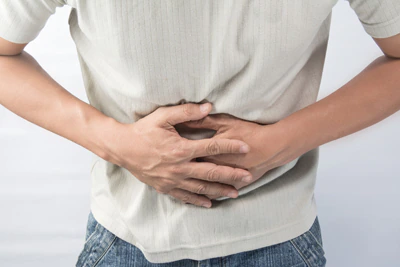
Kidney Disorders
A definite effect of caffeine is dieursis. Experiments show that caffeine in five cups of tea increases the urine by 400 to 500 percent. This continued stimulation of kidneys by caffeine may damage them. Tea may also promote kidney stones because of high content of oxalate.
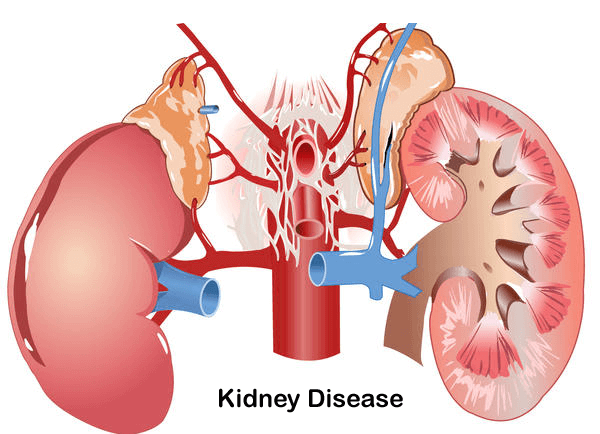
Premenstrual Syndrome
Drinking tea can aggravate the symptoms of PMS. This was discovered by Dr. Annette Rossignol, an associate professor of public health of Oregon State University. He noted that women in China who drank one-half to four cups of tea a day were twice as likely to have PMS as non-tea drinkers. Drinking eight cups a day increased their PMS incidence about tenfold.
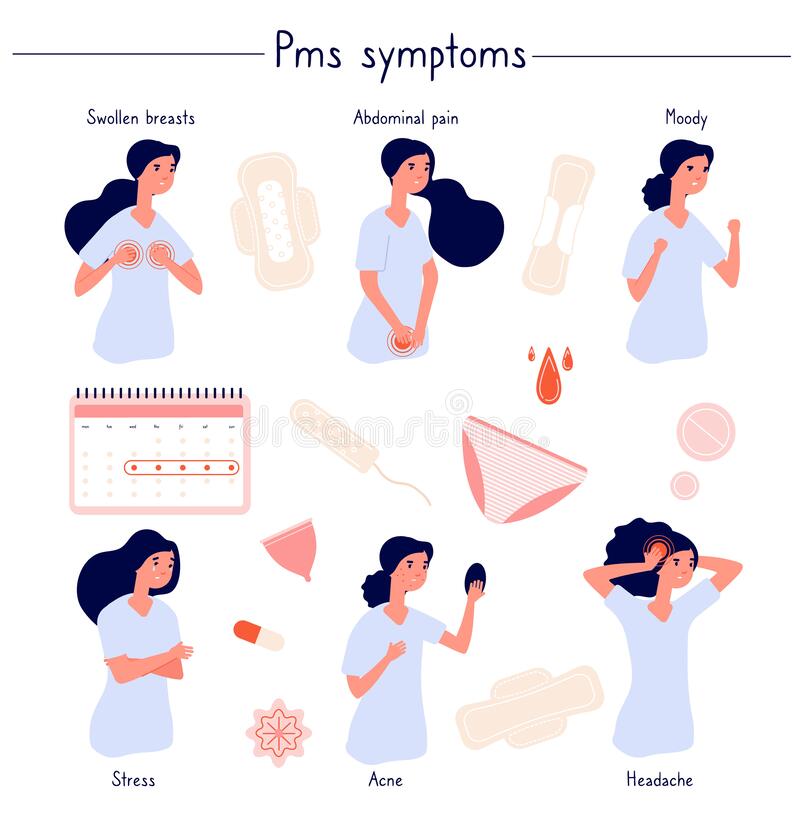
Incontinence
Drinking excess tea lead to incontinence or frequent and urgent impulse to urinate. In a recent study conducted, it was discovered that caffeine can exert pressure on the bladder by causing the muscles surrounding it to contract, increasing the need to urinate in some incontinent individuals.
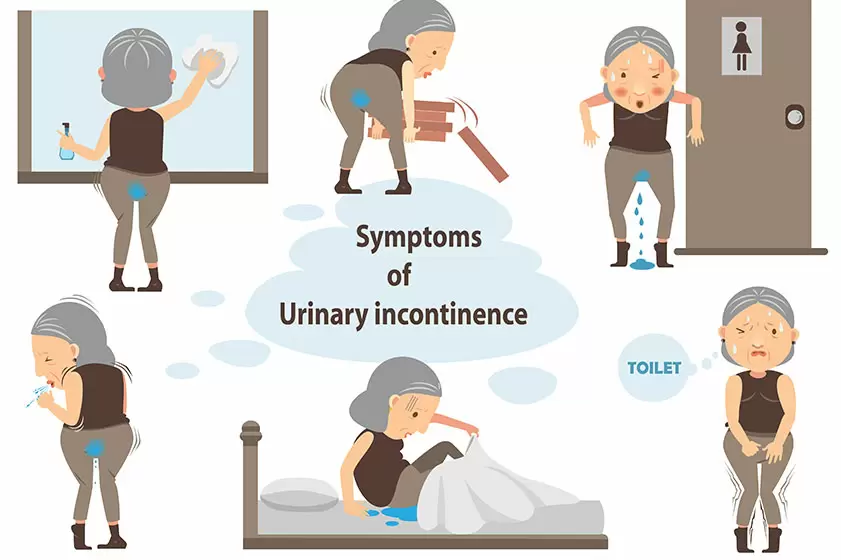
The respiratory and cardiac centres are also stimulated by caffeine as coronary arteries get dilated, resulting in an increase in the rate of blood flow. It is also said to increase the blood sugar level. The quickening of respiration lowers the level of carbondioxide and increases the heat production of the body by 10 to 20 percent.
Conclusion
It is thus clear that tea, if taken in excess, causes indigestion, over excitability to the nervous system, irritability, palpitation and sometimes prostration. To minimise the harmful effects of tea, it should be infused by pouring boiling water over the leaves and the tea be allowed to draw for about four to five minutes, then the liquid should be poured into another pot. Mint and lemon grass should be added. This will help in stomach disorders like flatulence and supply vitamins.


